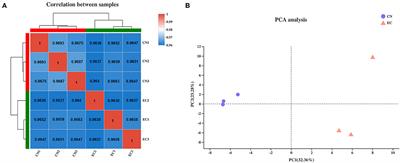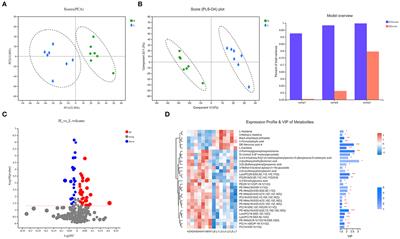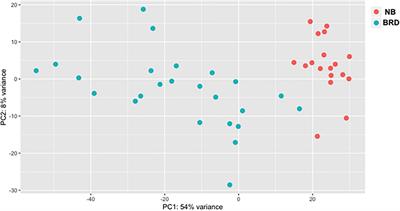ORIGINAL RESEARCH
Published on 03 Dec 2021
Multi-Enzyme Supplementation Modifies the Gut Microbiome and Metabolome in Breeding Hens

doi 10.3389/fmicb.2021.711905
- 3,085 views
- 3 citations
21k
Total downloads
75k
Total views and downloads
Select the journal/section where you want your idea to be submitted:
ORIGINAL RESEARCH
Published on 03 Dec 2021

ORIGINAL RESEARCH
Published on 20 Sep 2021

ORIGINAL RESEARCH
Published on 10 Sep 2021

ORIGINAL RESEARCH
Published on 19 Aug 2021

ORIGINAL RESEARCH
Published on 10 Aug 2021

ORIGINAL RESEARCH
Published on 01 Jun 2021

ORIGINAL RESEARCH
Published on 18 May 2021

ORIGINAL RESEARCH
Published on 12 May 2021

DATA REPORT
Published on 05 May 2021

ORIGINAL RESEARCH
Published on 19 Mar 2021

ORIGINAL RESEARCH
Published on 17 Mar 2021

ORIGINAL RESEARCH
Published on 08 Mar 2021


Frontiers in Genetics
Frontiers in Microbiology